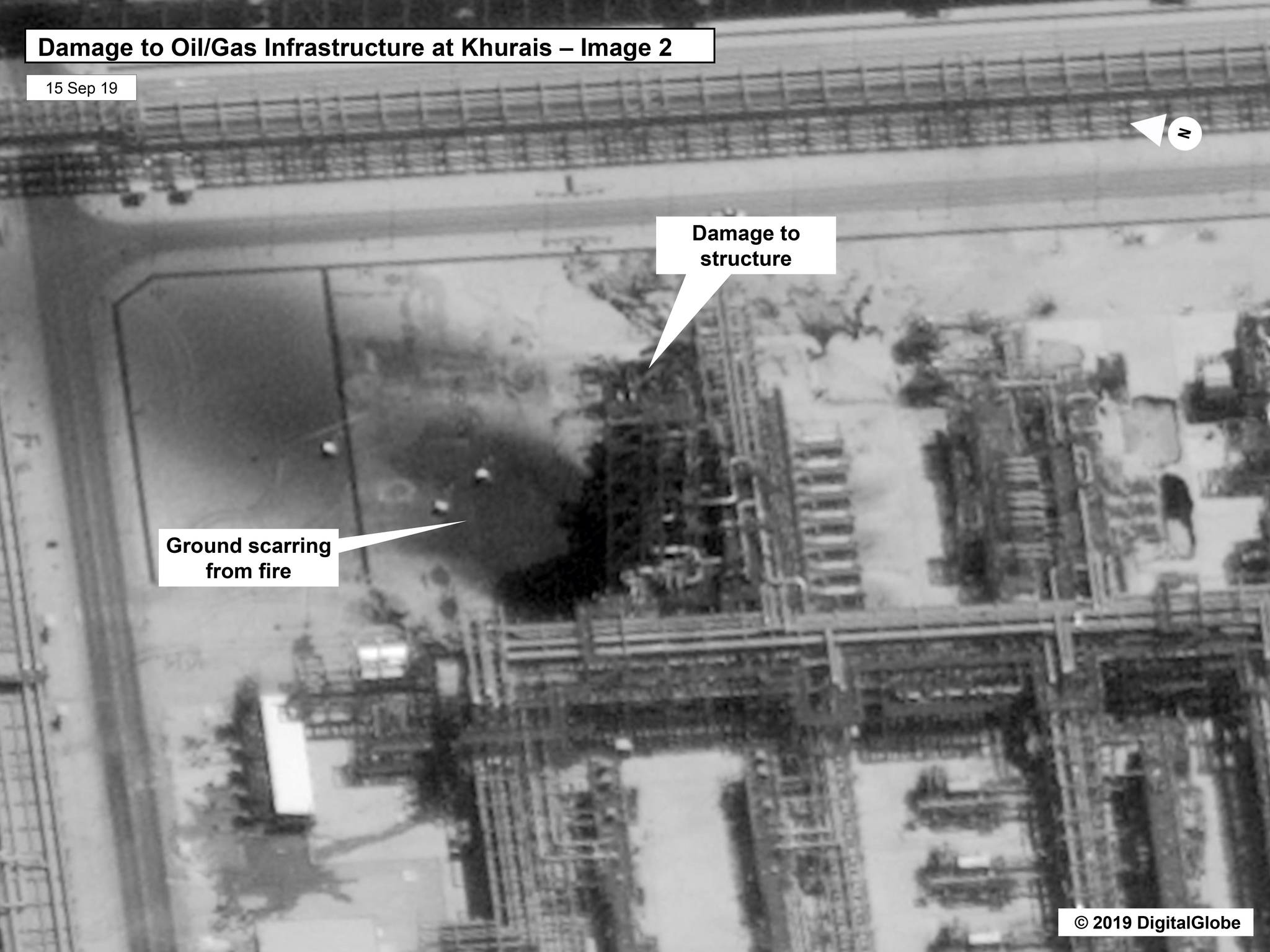“It’s time for the United States to press ‘pause’ on our arms sales to Saudi Arabia,” Sen. Chris Murphy, D-Connecticut, said on the floor of the U.S. Senate three years ago. “Let’s ask ourselves whether we are comfortable with the United States getting slowly, predictably, and all too quietly dragged into yet another war in the Middle East.”
Now, following a drone attack on Saudi oil facilities last week, America is “locked and loaded” for that war. And if it happens, President Donald Trump will be less to blame than the members of Congress.
The resolution Murphy was defending was proposed while Barack Obama was president. The Senate tabled it after debate.
“It’s about giving a nation that’s under attack by Iranian-sponsored militia the arms it needs to defend its people and its territory,” Sen. John McCain, R-Arizona, argued in opposition to that resolution. “Make no mistake, this aggression is fueled by the Iranians.”
But the war didn’t begin with Iran or the Houthi rebels they support attacking Saudi Arabia.
In March 2015, the Houthis led the military ouster of the Yemen’s president. A civil war followed. Six months later, a Saudi-led coalition intervened. Their bombing campaign killed tens of thousands of Yemeni civilians and invited reprisals on their soil. That’s the tragic nature of war.
McCain’s real message is captured by a statement U.S. Sen. Dan Sullivan, R-Alaska, made last December before another congressional attempt to restrict U.S. involvement in the war.
“I voted against this resolution” he said, because “the lens through which we need to assess our security interests and those of our allies in the Middle East is through what helps or undermines Iran.”
That’s because, Sullivan argued, Iran is “real enemy of the United States.” They are “the largest state sponsor of terrorism.” In the Iraq War, “over 500 American military members (were) killed and almost 2,000 wounded by improvised explosive devices supplied to Iraqi Shia militias by the Iranians.” And the Obama administration “wasn’t focused on those because they were focused on the Iran nuclear deal.”
It’s an argument that shows Saudi Arabia is an American proxy fighting this war. That implicates us in the civilian deaths they’ve caused.
And even though Sullivan never agreed with the sanction relief Obama approved under the nuclear deal, he’s wrong to criticize him for focusing on diplomacy.
There’s another story that ought to serve as a lesson here. Iran was one of the few Muslim nations that expressed genuine sympathy for the victims of the 9/11 terrorist attack. They provided the U.S. with maps that proved to accurately identify Taliban positions. And after the Taliban was defeated, they turned over a few hundred al Qaeda fighters who had fled Afghanistan.
Those diplomatic talks ended after the U.S. invaded Iraq in 2003. But according to Ryan Crocker, the former U.S. Ambassador who served under four presidents and participated in the effort, “the heart went out of the negotiations” in February 2002. That’s when President George W. Bush publicly declared that Iran, Iraq, North Korea, and “their terrorist allies constitute an axis of evil.”
This time the betrayal of trust came in May 2018 when Trump, acting without support of America’s allies who were partners in the nuclear deal, withdrew from it. He imposed three rounds of new sanctions on Iran. They responded to the last of those in May by declaring plans to increase uranium production. And they’ve engaged in numerous provocations in the Persian Gulf.
Trump has ordered more sanctions in response to the weekend’s drone attack. Meanwhile, State Mike Pompeo has called it “an act of war.” And at least one of Sullivan’s colleagues thinks additional sanctions isn’t enough.
“Sanctions so far haven’t worked and I doubt they ever will,” Sen. Lindsey Graham, R-South Carolina, told reporters. “So I think an appropriate military response is in order.”
But it’s the constitutional duty of Congress, not cheerleaders like Graham, to commit the nation to war.
Congress, not President Bush, is primarily responsible for what became the Iraq war debacle. It was Congress that failed to prevent Obama from walking into a disastrous military intervention in Libya. And if we wind up in the Middle East war Murphy warned about, it’ll be because Congress allowed two presidents wage a proxy war against Iran.
• Rich Moniak is a Juneau resident and retired civil engineer with more than 25 years of experience working in the public sector. He contributes a weekly “My Turn” to the Juneau Empire. My Turns and Letters to the Editor represent the view of the author, not the view of the Juneau Empire.

